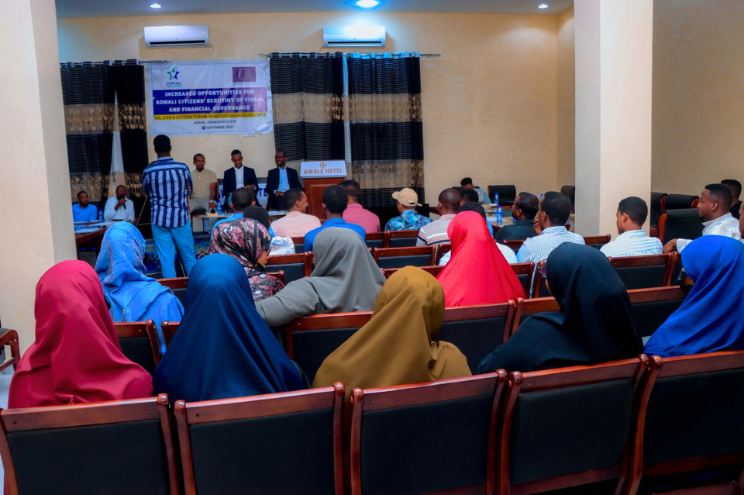

Establishing governance in general—and fiscal governance mechanisms in particular—has been the mainstay of state-building efforts in Somalia. This has been backed and championed by the donor community since the country transitioned to a permanent government in 2012 under a federal model, following years of transitional governments from 2000 to 2012. Though these efforts were incremental in nature, they yielded commendable results, as they led to the enactment of legal frameworks and systems pertinent to public financial management at both federal and federal member state levels, enhancing revenue generation and accountability.
However, the Benadir Regional Administration (BRA)—which is home to the largest population in the country (over 2 million people), the seat of the federal government, and the main service destination for people from different parts of the country— has remained aloof from efforts to establish fiscal governance. The large population and concentration of economic activities present enormous revenue potential for the BRA, and it has been involved in revenue generation—gradually increasing—since the installation of the Transitional Federal Government led by the late Col. Abdullahi Yusuf Ahmed. However, there is limited transparency around the revenues that the region collects, no tangible public services delivered in return for the taxes paid, and, strikingly, no accountability for where the money is being spent.
Somali Public Agenda undertook this in-depth study to investigate BRA revenue generation, with particular focus on the types and sources of BRA revenue, legal frameworks justifying revenue collection, BRA tax communication patterns, the behaviour of BRA tax collectors and public perceptions, tax payment dynamics and methods, challenges to BRA tax collection, and sources of BRA revenue expenditure.
SPA_Research_Report_No_18-Examining-Benadir-Regional-Administration-BRA-Tax-Revenue
Guud ahaan dowlad-dhiska—gaar ahaanna hab-raacyada maamul maaliyadeed—ayaa ahaa tiirka ugu muhiimsan ee dadaallada dowlad-dhiska Soomaaliya. Waxaa si buuxda u taageerayay oo u ololeeynayay deeq-bixiyeyaasha caalamka tan iyo markii uu dalka u gudbay dowlad rasmi ah sanadkii 2012, iyo nidaam federaal, kadib sanado badan oo dowlado kumeelgaar ah ay soo jireen sanadkii 2000 ilaa 2012. Inkastoo dadaalladan ay ahaayeen kuwo tartiib tartiib u socday, haddana waxaa ka dhashay natiijooyin la mahdiyay, maadaama ay horseedeen ansixinta xeerar iyo nidaamyo la xiriira maareynta maaliyadda dowladda, heer federaal iyo heer dowlad-goboleedba, taasoo kor u qaadday dakhli uruurinta iyo isla-xisaabtanka.
Sikastaba ha ahaatee, Maamulka Gobolka Benaadir —oo ah halka ay ku nool yihiin dadka ugu badan ee dalka (in ka badan 2 milyan oo qof), ah xarunta dowladda federaalka, iyo goobta ugu weyn ee ay adeegyada ka helaan dadka ka kala yimaada gobollada kala duwan ee dalka— ayaysan u suuroobin dadaallada dowlad-dhiska , gaar ahaan kuwa maamulka maaliyadda. Dadweynaha tirada badan iyo dhaqdhaqaaqyada ganacsi ee badan ayaa muujinaya in la uruurin karo dakhli aad u ballaaran, waxaa sidoo kale jirtay dakhli uruurin—si tartiib ah kor ugu kaceysay—tan iyo markii la dhisay dowladdii federaalka ee kumeelgaarka ahayd ee uu hogaaminayay Cabdullaahi Yuusuf Axmed. Sikastaba ha ahaatee, waxaa jirta daah-furnaan aad u xaddidan ee dakhliga uu soo xareeyo gobolka, ma jiraan wax la taaban karo oo adeeg bixin ah oo lagu beddelo canshuurta la uruuriyo, waxaa sidoo kale cajiib ah in aysan jirin wax isla-xisaabtan ah oo ku saabsan halka lacagta ay ku baxdo.
Somali Public Agenda waxay sameysay cilmibaaris qoto-dheer oo sahmisay dakhliga uu Maamulka Gobolka Benaadir uruuriyo, iyadoo si gaar ah diiradda u saartay noocyada iyo
ilaha dakhliga Maamulka Gobolka Benaadir, qaab-dhismeedyada sharci ee lagu jaangooyo uruurinta dakhliga, habka gaarsiinta dadweynaha ee canshuuraha, dhaqanka shaqaalaha canshuurta uruuriya ee Maamulka Gobolka Benaadir iyo hab-fikirka dadweynaha, hababka iyo qaababka bixinta canshuuraha, caqabadaha haysta canshuur uruurinta, iyo ilaha meelaha lagu bixiyo dhakhliga la uruuriyay.
Share This:
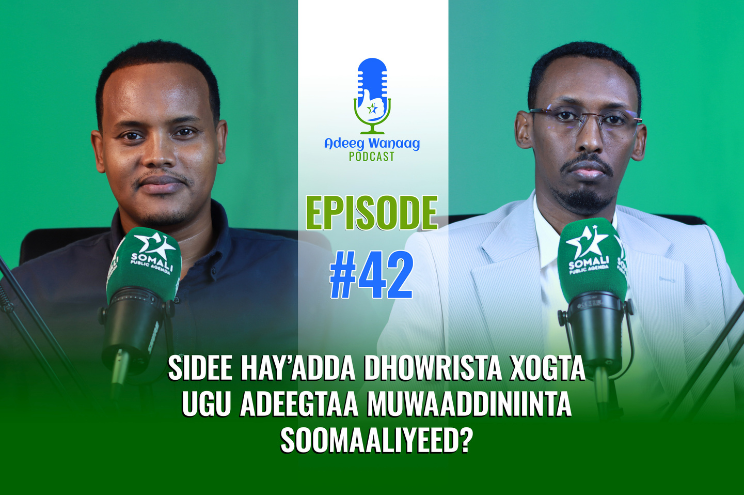
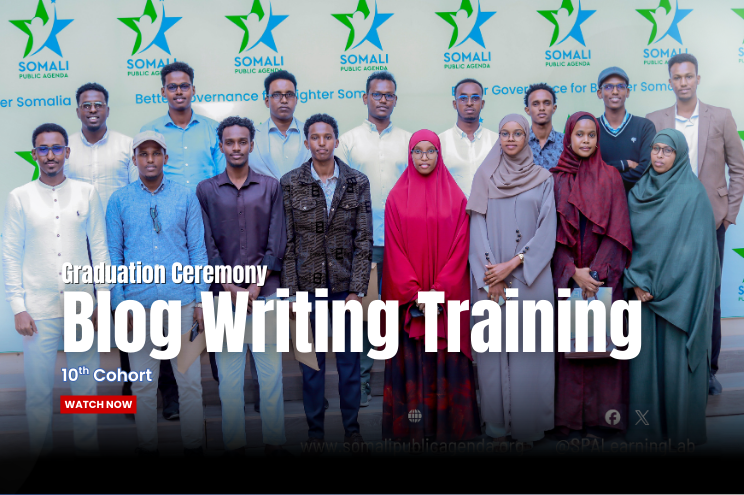
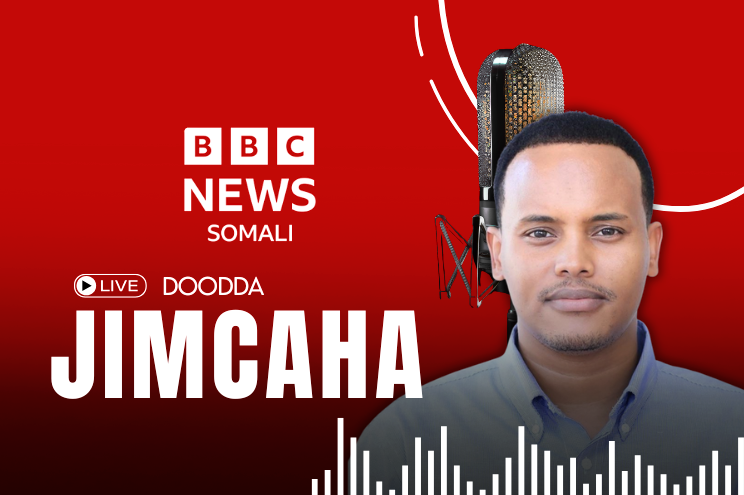

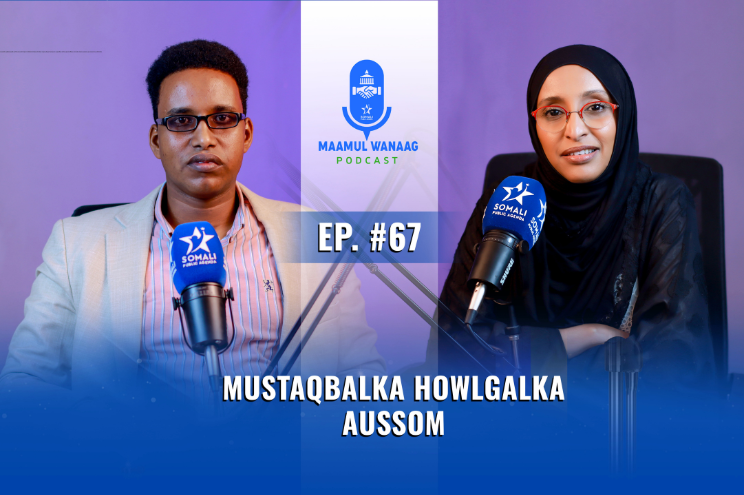
Stay updated on governance and public services in Somalia!
Somali Public Agenda (SPA) is a non-profit, non-partisan, and independent public policy and administration research and action organization based in Mogadishu. It aims to advance understanding and improvement of public policy and services in Somalia through evidence-based research and analysis, dialogue, policy and service design, and training.
Stay updated on governance and public services in Somalia!
Thank you for sharing this important research. As someone who cares deeply about governance and accountability in Somalia, I found it very insightful. The Benadir Regional Administration has a huge responsibility, especially since Mogadishu is home to millions and serves as the center of the federal government. But it’s concerning that even with all the taxes collected, people don’t see enough services in return. There should be more transparency on how revenue is collected, used, and how it benefits the public. I hope this kind of study leads to real changes that improve public trust and service delivery.
Muno Omar Fiyasko